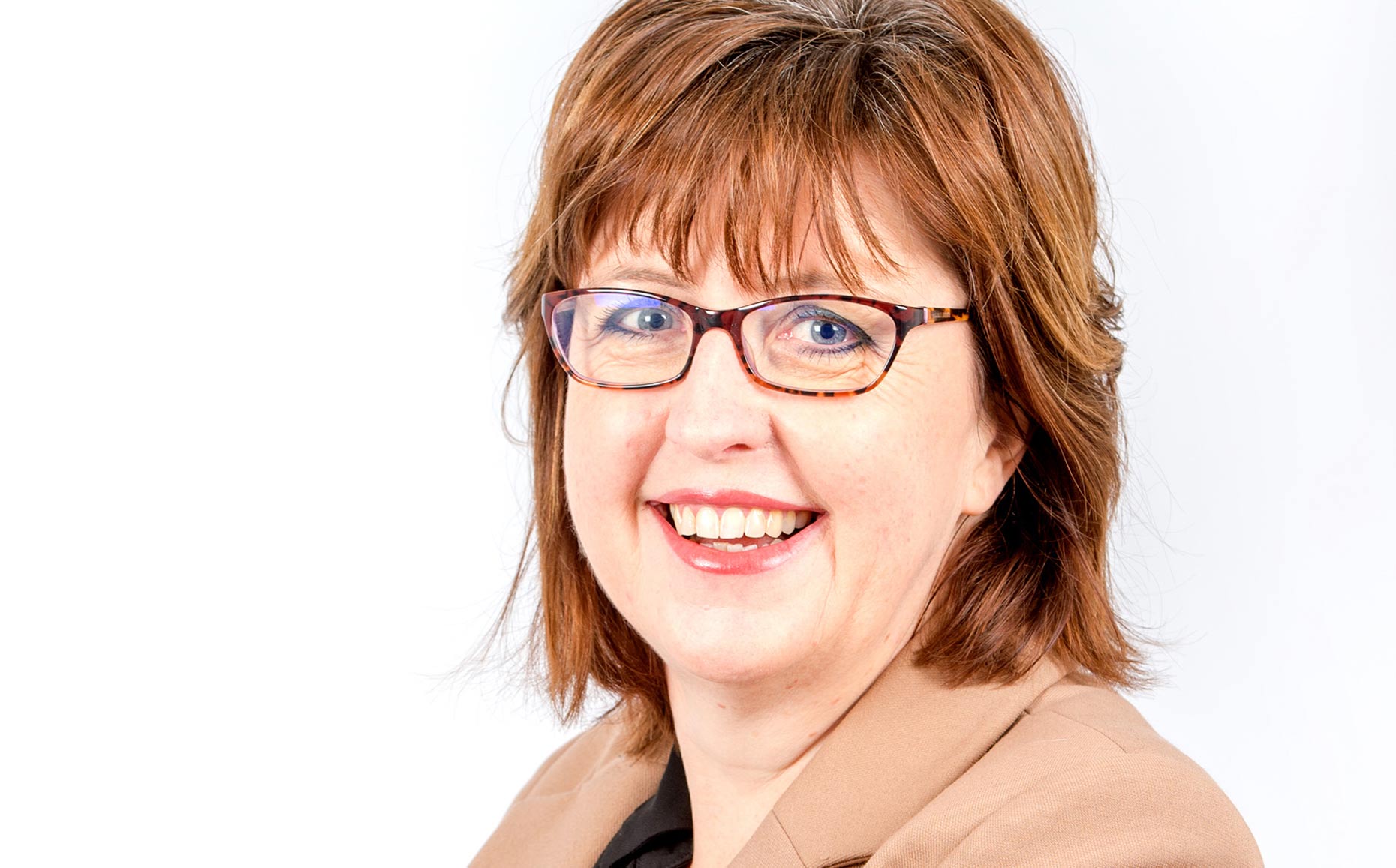For those of us at the ‘sharp end’ of the health system it is no surprise that 2017 will be another record year for LIVES, smashing last year’s achievements as we attend around 21,000 people suffering a medical emergency this year.
What may be surprising is the increased number of complex and traumatic emergencies our volunteers are being sent to. This is where our volunteer responders and volunteer medics really come into their own, providing critical care to patients at the roadside whatever the weather, day and night.
Because of them, the young motorcyclist lying in a cold dark road can be given pain relief and his leg realigned to save the limb.
Because of them, an elderly person with breathing difficulties can get oxygen therapy rapidly and reassurance until the ambulance arrives.
That makes me incredibly proud of our volunteers and honoured to be working for LIVES.
Part of our success comes from the fact that we are deeply rooted in communities – our responders are often looking after their neighbours – and that’s the very motivator for them to give up their time to help.
With Lincolnshire’s rural roads and dispersed population, it’s ever important for communities to boost their own resilience in times of emergency, whether that be installing a lifesaving public access defibrillator and learning CPR, supporting their local LIVES first responders or even volunteering themselves.
Our biggest challenge is funding. With an increasing number of patients we’re called to and the increasing complexity of their needs, the cost of keeping our volunteers on the road is rising too.
It costs around £1.2 million to keep our volunteers on the road so we really need to raise more funds in 2018.
That is why we’ve been working with local businesses both large and small to provide first aid training to their staff.
Not only are we able to teach from real life experience, it’s also a great way of organisations working with us to give back to their local community.
Our second challenge is that there are a lot of people both in Lincolnshire and further afield that still don’t understand what LIVES does and why the work of our volunteers is so important in our large rural county.
Often the people we attend don’t know a LIVES volunteer has been to help them, perhaps thinking we’re part of the ambulance service.
On a national level, large grant funders need help to understand why Lincolnshire is so special and requires investment, particularly where we have created our own models such as LIVES first responders that work so well for our rural county.
New Year’s resolutions
Personal: To run the Lincoln 10k with my amazing LIVES team without stopping and to survive the installation of a new kitchen at home with a smile on my face and sense of humour intact.
Professional: To continue to bang the drum loudly for LIVES and its amazing 700 volunteers who look after the people of Lincolnshire in their hour of need, and for Lincolnshire.






